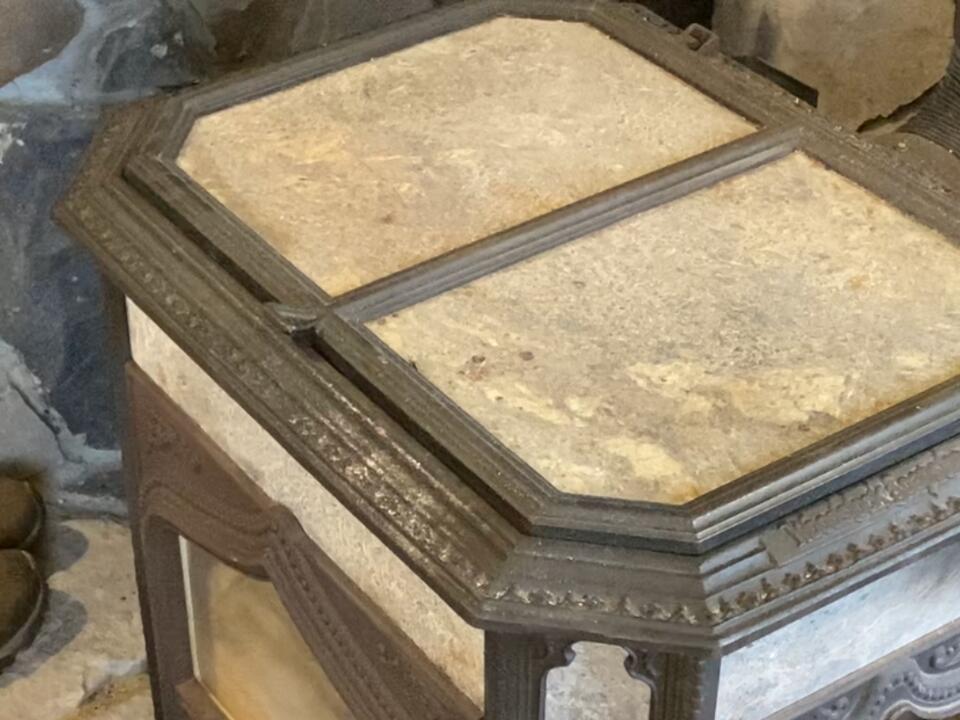This couple did a great video on repairing one

 share.newsbreak.com
share.newsbreak.com
Off-Grid - Below Zero - Wood Stove is Broken | Whiskey n Sunshine Off Grid | NewsBreak Original
Off-Grid - Below Zero - Soapstone Wood Stove is Broken As usual, with things on this modern off-grid homestead that you rely on, things break. Our Woodstock Soapstone Wood Stove broke, the cast iron bypass cover cracked right through. It will not properly seal the way it is, so we ordered a new...

